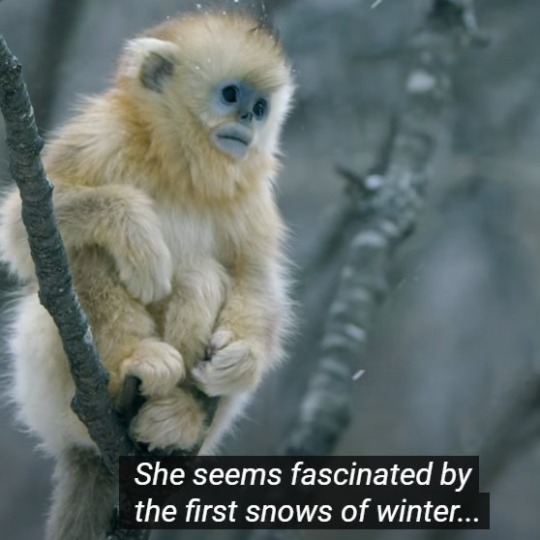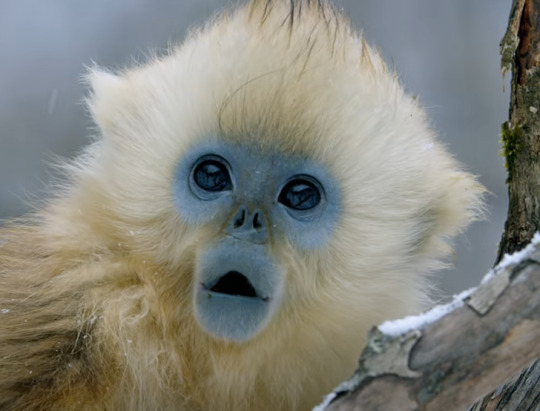#Monkeys
Text

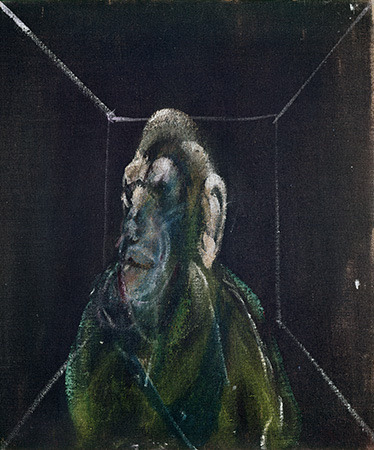
Francis Picabia, Le singe, 1939-1940
Francis Bacon, Monkey, 1953
#francis picabia#francis bacon#apes#monkeys#chimpanzees#animal art#animals in art#french artist#british artist#french painter#british painter#beautiful animals#french art#surrealist#surrealism#expressionism#expressionist#modern art#art history#aesthetictumblr#tumblraesthetic#tumblrpic#tumblrpictures#tumblr art#aesthetic#beauty
32 notes
·
View notes
Text
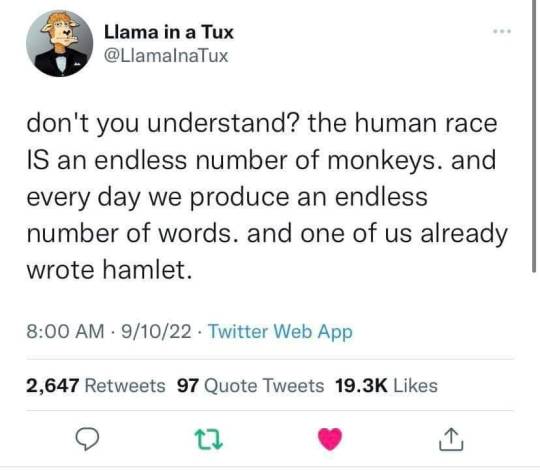
73K notes
·
View notes
Text
Source

"I will take that I swear!"😆
10K notes
·
View notes
Text
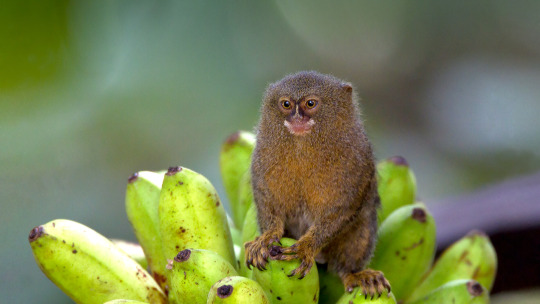
A pygmy marmoset sitting on a bunch of green bananas.
19K notes
·
View notes
Text

brought to you by the value village I stopped at on my way to my haircut.
Edmonton, Canada
8K notes
·
View notes
Text

Two Macaques
Spontaneous Painting, not sure where it was going at the start but it surely went somewhere.
With two cute macaques ;)
You can see timelapse of this painting at my Kofi - LINK

~☆◇Prints◇☆~▪︎~☆◇Commissions◇☆~▪︎~☆◇Kofi◇☆~▪︎~☆◇For inquiries: [email protected]◇☆~
#art#digital art#ichi makes art#illustration#digital illustration#drawings#fantasy art#animation#2d animation#gif warning#animals#monkeys#macaques#nature#water#landscapes
1K notes
·
View notes
Text


what a loser
#lego#monkie kid#lego monkie kid#lmk#monkey king#sun wukong#lmk sun wukong#swk#macaque#six eared macaque#liu er mihou#lmk macaque#lmk monkey king#monkeys#happy late national monkey day#i celebrated two days ago by thinking about monkeys all day#i keep forgetting to post#more monkeys to come#everyday is national monkey day to me
2K notes
·
View notes
Text
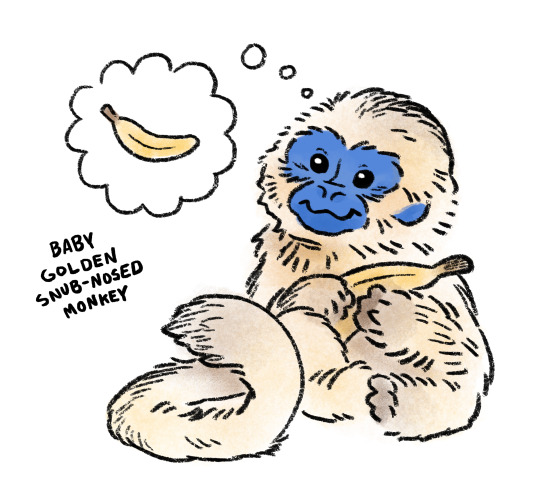
The most perfect-est creature..
1K notes
·
View notes
Text
A temple cat and Xingxing (星星), a one-armed Tibetan macaque that has been cared for by a Buddhist nun at Emeishan for the past decade.
English added by me :)
5K notes
·
View notes
Text
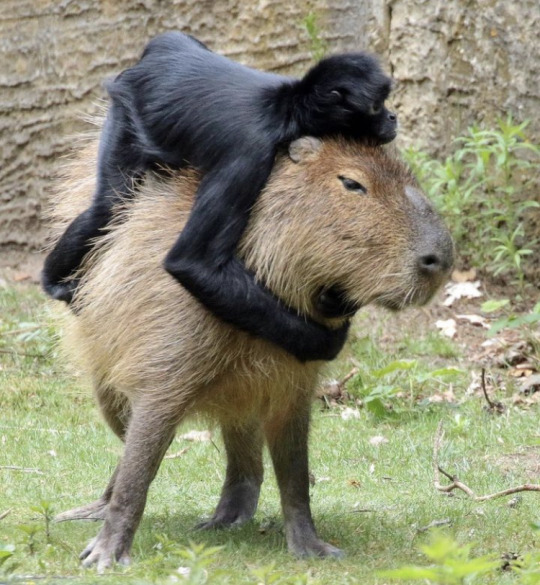
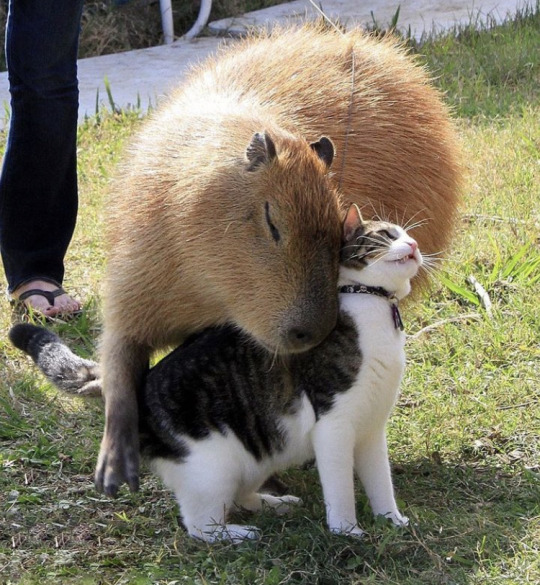
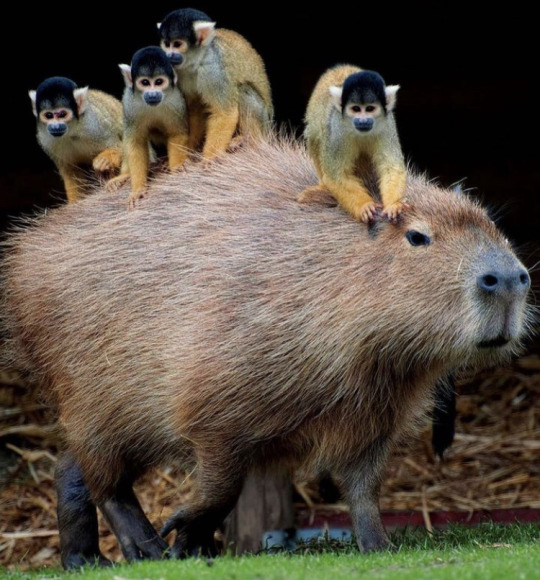


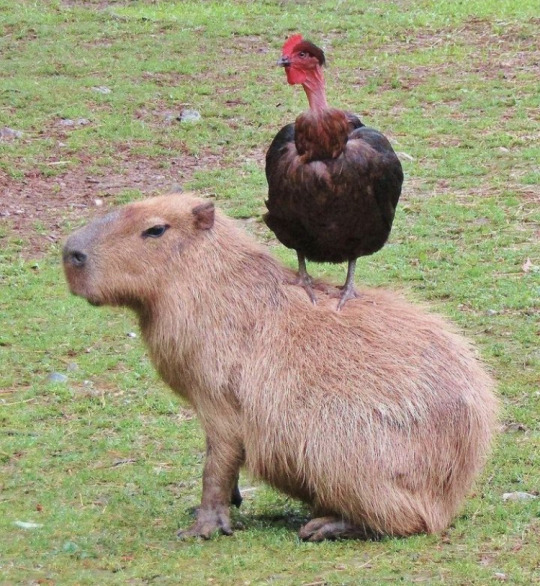
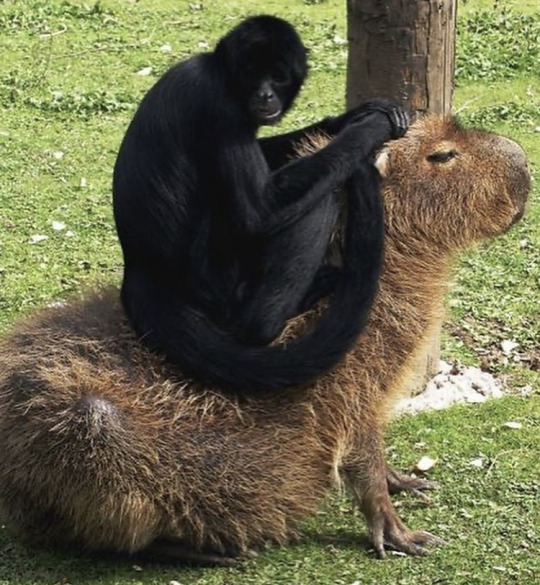

Capybaras and friends ♡
𝘊𝘢𝘱𝘺𝘣𝘢𝘳𝘢𝘴 𝘢𝘳𝘦 𝘴𝘰𝘤𝘪𝘢𝘭 𝘤𝘳𝘦𝘢𝘵𝘶𝘳𝘦𝘴 𝘵𝘩𝘢𝘵 𝘢𝘳𝘦 𝘴𝘰 𝘸𝘦𝘭𝘭 𝘭𝘪𝘬𝘦𝘥 𝘪𝘯 𝘵𝘩𝘦 𝘢𝘯𝘪𝘮𝘢𝘭 𝘬𝘪𝘯𝘨𝘥𝘰𝘮 𝘵𝘩𝘢𝘵 𝘪𝘵’𝘴 𝘯𝘰𝘵 𝘶𝘯𝘶𝘴𝘶𝘢𝘭 𝘵𝘰 𝘴𝘦𝘦 𝘵𝘩𝘦𝘮 𝘩𝘢𝘯𝘨𝘪𝘯𝘨 𝘰𝘶𝘳 𝘸𝘪𝘵𝘩 𝘰𝘵𝘩𝘦𝘳 𝘢𝘯𝘪𝘮𝘢𝘭𝘴
(via)
#cottagecore#nature#naturecore#capybara#this is so incredibly cute!!#wholesome to the tenth power#wild life#wild animals#apes#monkeys#ducks#alligators#birds
7K notes
·
View notes
Text
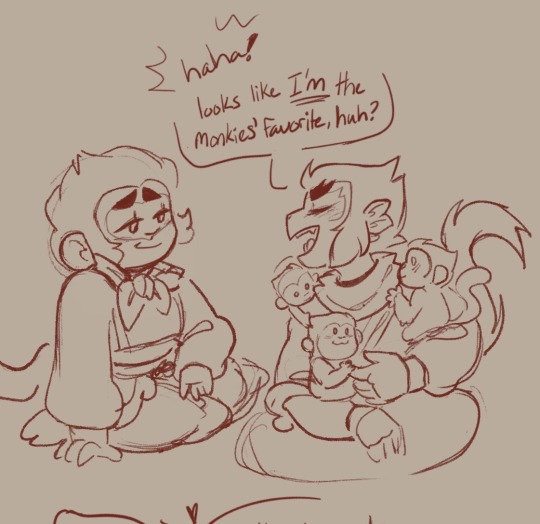

Picking favorites <3
I was thinking of captioning this with like “the one bet Wukong doesn’t mind losing”(like they bet who the baby monkeys would like more) but realistically after Wukong quit making heart eyes at Mac he would be SOOO pouty and huffy that HIS subjects who HE is the king of all like Macaque over HIM
#macaque x wukong#wukong#lmk macaque#lmk monkey king#lmk fanart#lmk sun wukong#lmk#lego monkey kid fanart#lego monkey kid#lego monkie kid#lego macaque#lego wukong#shadowpeach#lmk shadowpeach#flower fruit mountain#monkeys#lmk season 4#lego monkey king#ship#flower fruit mountain monkeys#journey to the west#sun wukong#lui er mihou#six eared macaque
3K notes
·
View notes
Text
Apes are a kind of monkey, and that's ok
This is a pet peeve of mine in sci comm ESPECIALLY because many well respected scientific institutions are insistent about apes and monkeys being separate things, despite how it's been established for nearly a century that apes are just a specific kind of monkey.
Nearly every zoo I've visited that houses apes has a sign somewhere like the one below that explains the supposed distinction between the two groups, focusing on anatomy instead of phylogeny.
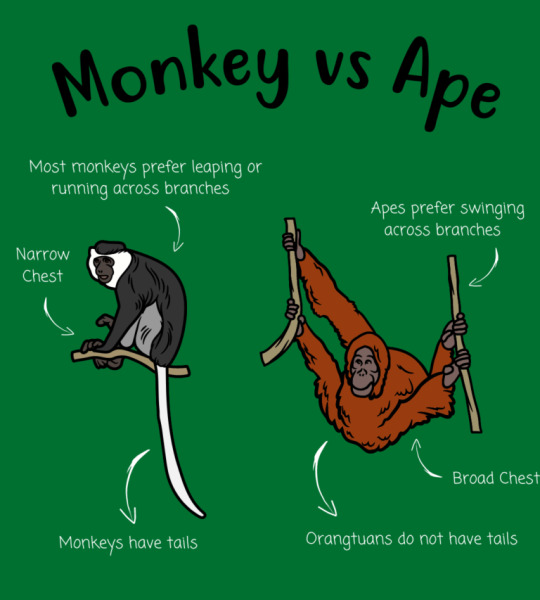
(Every time I see a graphic like this I age ten years)
Movies even do this, especially when they want to sound credible. Take this scene from Rise of the Planet of the Apes:
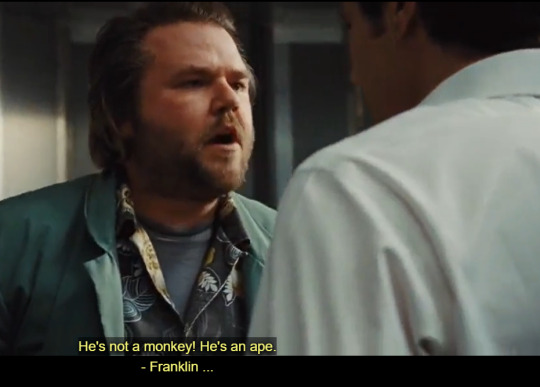
This guy Franklin is presented as the authority on apes in this scene, and he treats James Franco calling a chimpanzee a monkey like it's insulting.
But when you actually look at a primate family tree, you can see that apes are on the same branch as Old World monkeys, while New World monkeys branched off much earlier.

(I'm assuming bushbabies are included as "lorises" here?)
To put it simply, that means you and I are more closely related to a baboon than a baboon is to a capuchin.
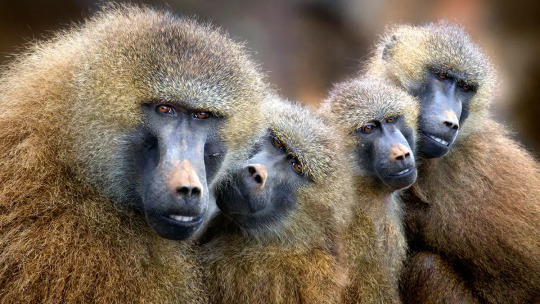
Either the definition of monkey includes apes OR we can keep using an anatomical definition and Barbary macaques get to be an ape because they're tailless.
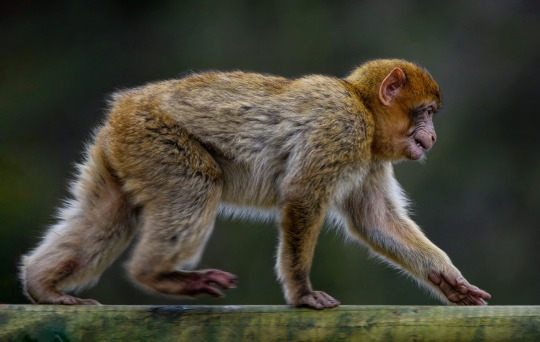
"I've got no tails on me!"
SO
Why did all this happen? Why did we start insisting apes are monkeys, especially considering the two words were pretty much interchangeable for centuries? Well I've got one word for ya...

This the attitude that puts humans on a pedestal over other life on Earth. That there are intrinsically important features of humanity, and other living things are simply stepping stones in that direction.
At the dawn of evolutionary study, anthropocentrism was enforced by using a model called evolutionary grades. And boy howdy do I hate evolutionary grades.
Basically, a grade is a way of defining a group of animals by using anatomical "complexity". It's the idea that evolution has milestones of importance that, once reached, makes an organism into a new kind of thing. You can almost think of it like evolutionary levels. An animal "levels up" once it gains a certain trait deemed "complex".
You can probably see the issue here; that complexity is an ephemeral idea defined through subjectivity, rather than based off anything truly observable. What makes walking on 2 legs more complex than walking on four? How are tails less complex than no tails? "Complexity" in this context is unmeasurable, therefore it is unscientific. That's why evolutionary grades suck and I never want to look at one.
For primates, this meant once some of them lost their tails, grew bigger brains, and started brachiating instead of leaping, they simply "leveled up" and became apes. Despite the early recognition that apes were simply a branch of the Old World monkey family tree (1785!), the idea of grades took precedent over the phylogenetic link.
In the early years of primatology, humans were even seen as a grade "above" apes, related but separated by our upright stance and supposed far greater intelligence (this was before other apes were recognized tool users).

It wasn't until the goddamn 1970s that it was recognized all great apes should be included in the clade Hominidae alongside humanity. This was a major shift in thinking, and required not just science, but the public, to recognize just how close we are to other living species. It seems like this change has, thankfully, happened and most institutions and science respecting folks have accepted this fact. Those who don't accept it tend to have a lot more issues with science than only accepting humans as apes.

And now, we come to the current problem. Why is there a persistent idea that monkeys and apes are separate?
I want to make it clear I don't believe there was a conscious movement at play here. I think there's a lot of things going on, but there isn't some anti-monkey lobby that is hiding the truth. I think the problem is more complicated and deals with how human brains and human culture often struggle to do too many changes at once.
Now, I haven't seen any studies on this topic, so everything I say going forward is based on my own experience of how people react to learning apes (and therefore, humans) are monkeys.
First off, there is a lot of mental rearranging you have to do to accept humans as monkeys. First you, gotta accept humans as apes, then you have to stop thinking in grades and look at the family tree. Then you have to accept that apes are on the Old World monkey branch, separate from the New World monkeys.
That's a lot of steps, and I've seen science-minded zoo educators struggle with that much mental rearranging. And even while they accept this to an extent, they often find it even harder to communicate these ideas to the public.
I think this is a big reason why zoos and museums often push this idea the hardest. Convincing the public humans are apes is already a challenge, teaching them that all apes are monkeys at the same time might seem impossible.
I believe the other big reason people cling to the "apes-aren't-monkeys" idea is that it still allows for that extra bit of comforting anthropocentrism. Think of it this way; anthropocentrism puts humans on a pedestal. When you learn that humans are apes, you can either remove the pedestal and place humans with other animals, OR, you can place the apes up on the pedestal with humanity. For those that have an anthropocentric worldview, it can actually be easier to "uplift" the apes than ditch the pedestal.
Too make things worse, monkeys are such a symbol of a "primitive" animal nature that many can't accept raising them to the "level" of humanity, but removing the pedestal altogether is equally painful. So they hold tight to an outdated idea despite all the evidence. This is why there's often offense taken when an ape is called a monkey. It's tantamount to someone calling you a monkey, and that's too much of a challenge to anthropocentrism.
Personally, I think recognizing myself as a monkey is wonderful. Non-ape monkeys are as "complex" as any ape. They make tools, they have dynamic social groups, they're adapted to a wide range of environments, AND they have the best hair of all primates.
I think we should be honored to be considered one of them.
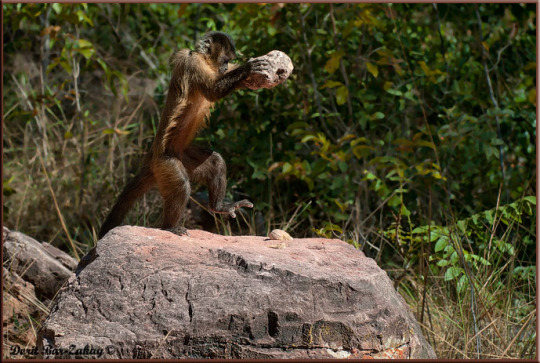
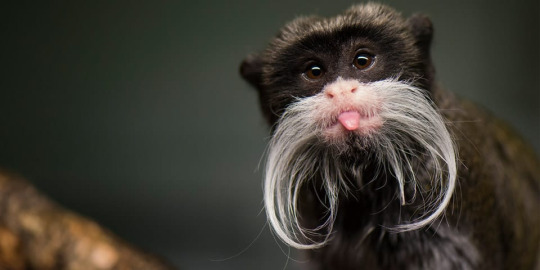
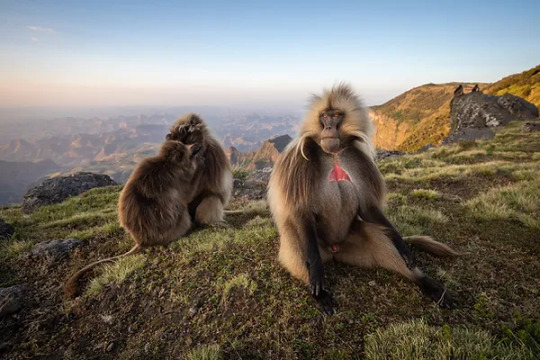
3K notes
·
View notes
Note
all kidns of strange and wonderful beafts in the world. how do we even know them all. wh
That’s the beauty of it: we don’t know them all! We’re constantly discovering new species! Granted, some of these discoveries weren’t completely unknown to science and were only misidentified as a different animal, but they’re still pretty cool nonetheless. Here are some mammals that were discovered in the past few years:
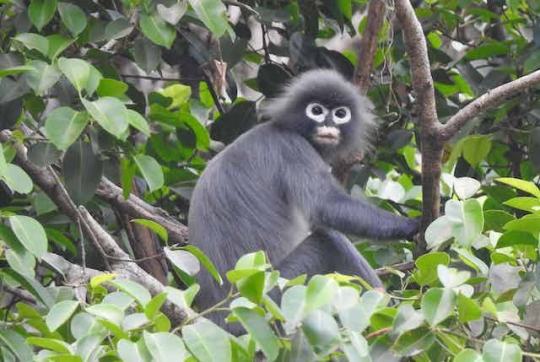
The Popa langur (Trachypithecus popa), first described in 2020.

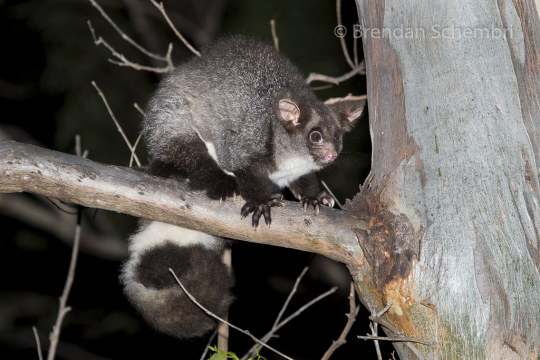
The northern greater glider (Petauroides minor) and the central greater glider (Petauroides armillatus), upgraded from subspecies of the southern greater glider (Petauroides volans), to their own species in 2020.

The Ramari’s beaked whale (Mesoplodon eueu), described from a single beached specimen in 2021!
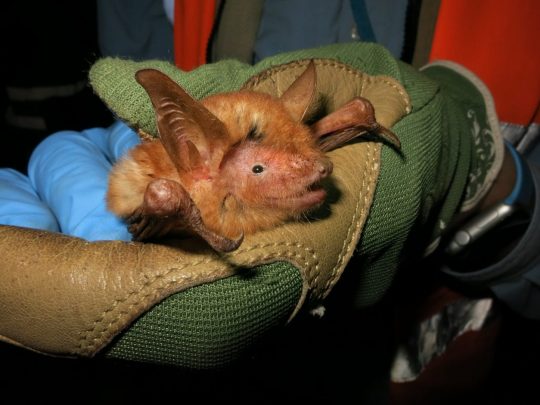
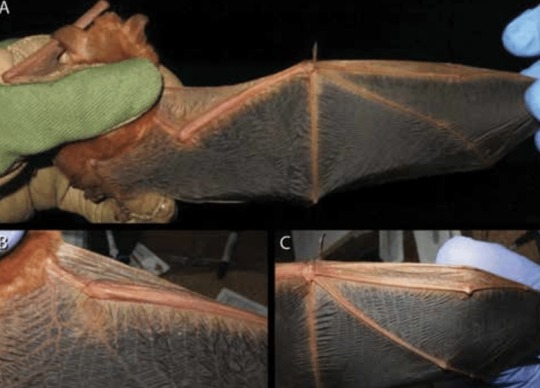
The striking Halloween colored Nimba myotis bat (Myotis nimbaensis), described in 2021.

The southern maned sloth (Bradypus crinitus), first described in 2022.

The Benin tree hyrax (Dendrohyrax interfluvialis), first described in 2022.
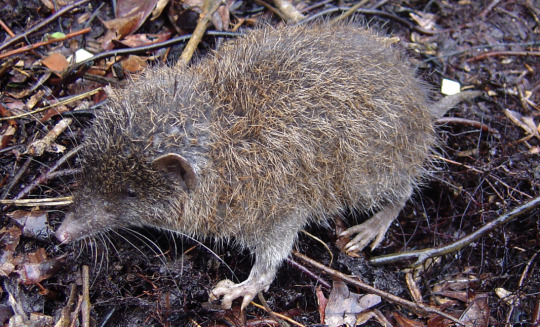

The eastern Mindanao gymnure (Podogymnura intermedia) and the Kitanglad gymnure (podogymnura minima), first described this year, in January 2023.
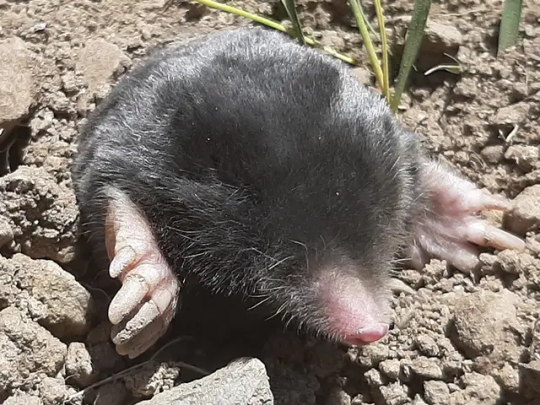
And the Talpa hakkariensis mole, described just last month in August 2023!
1K notes
·
View notes

